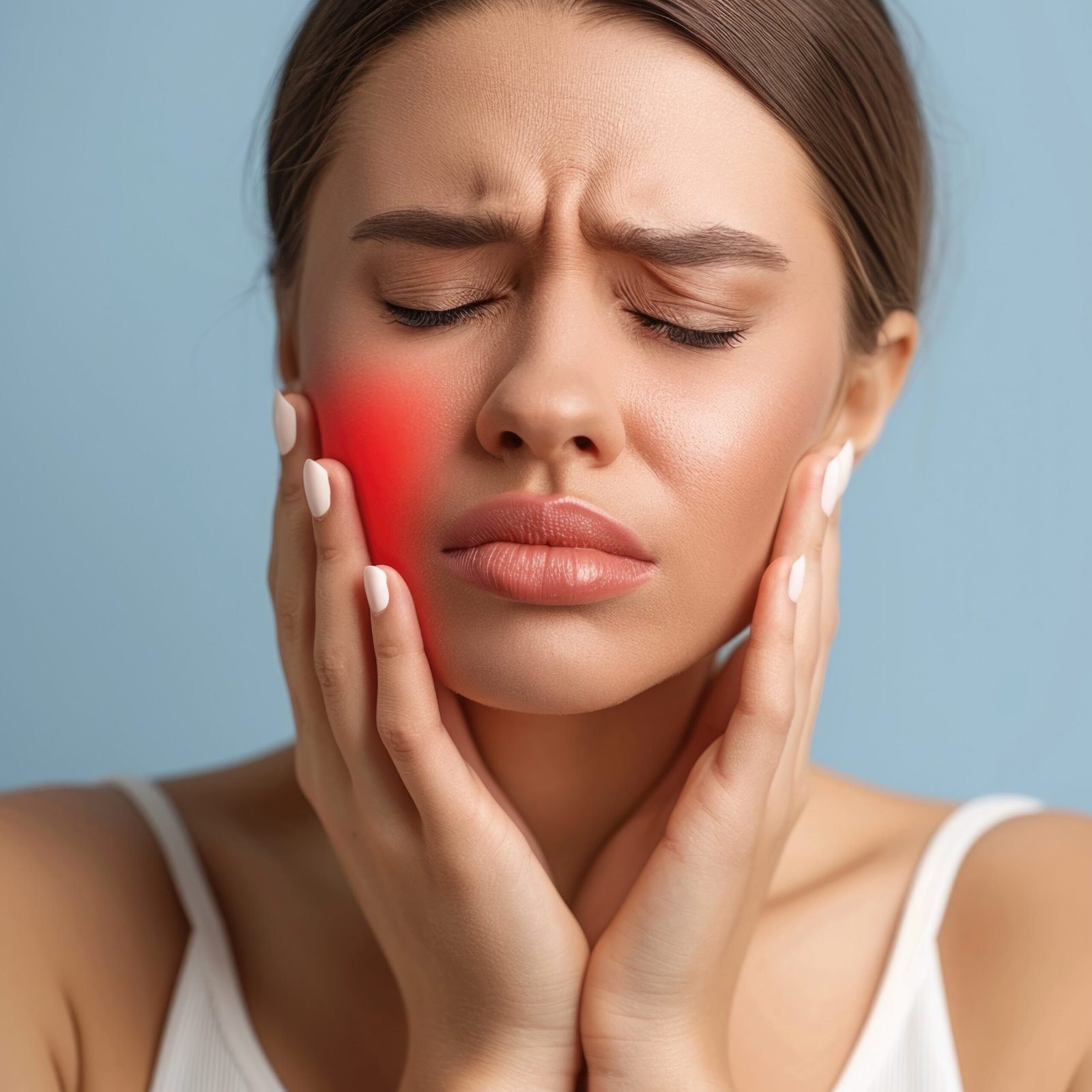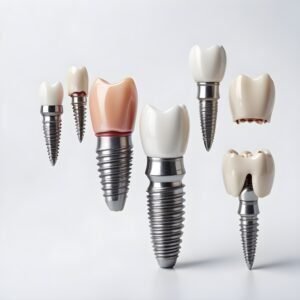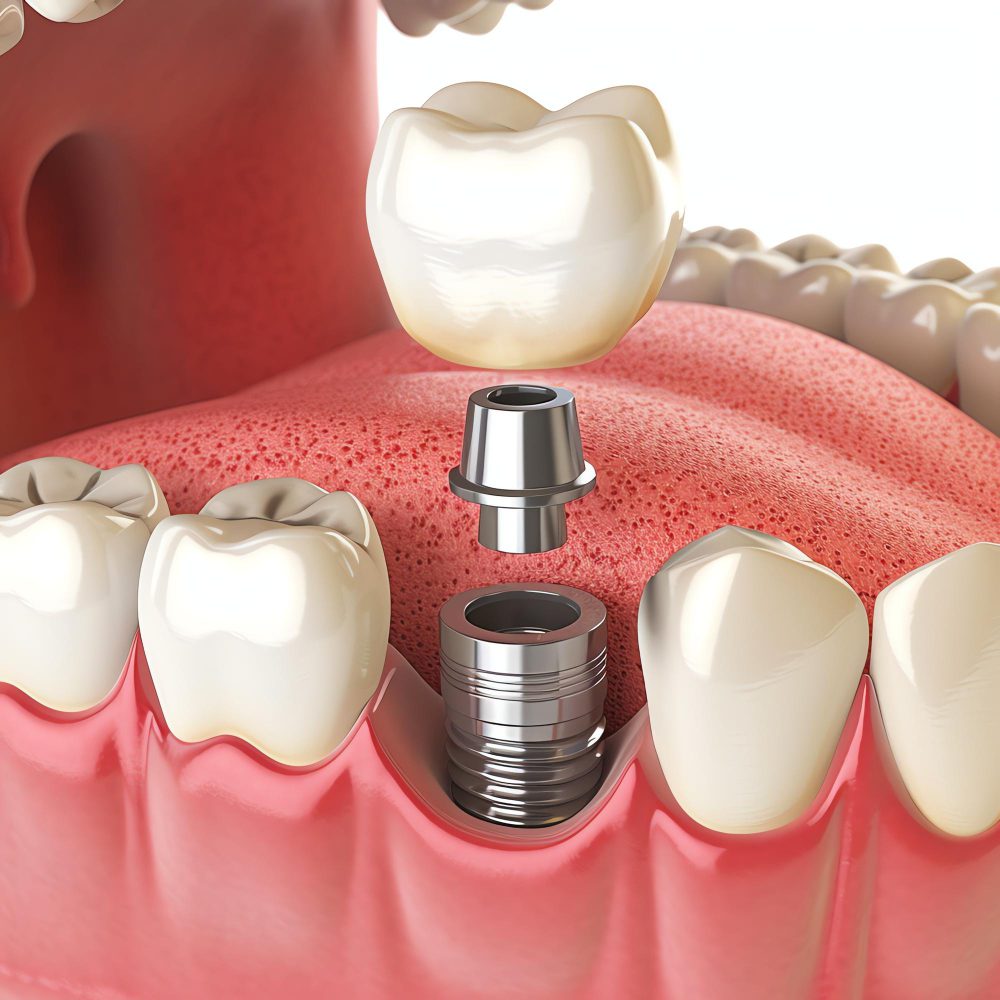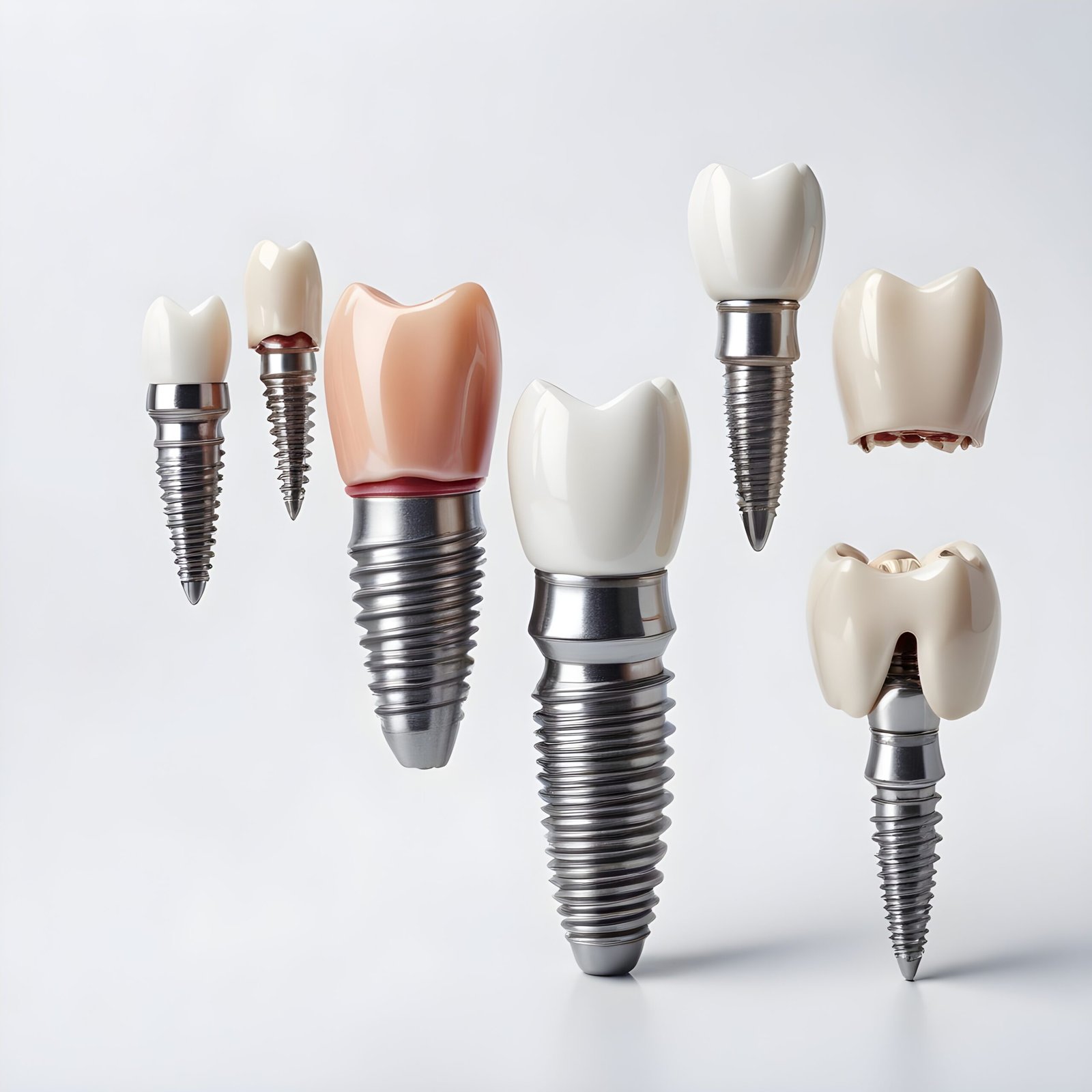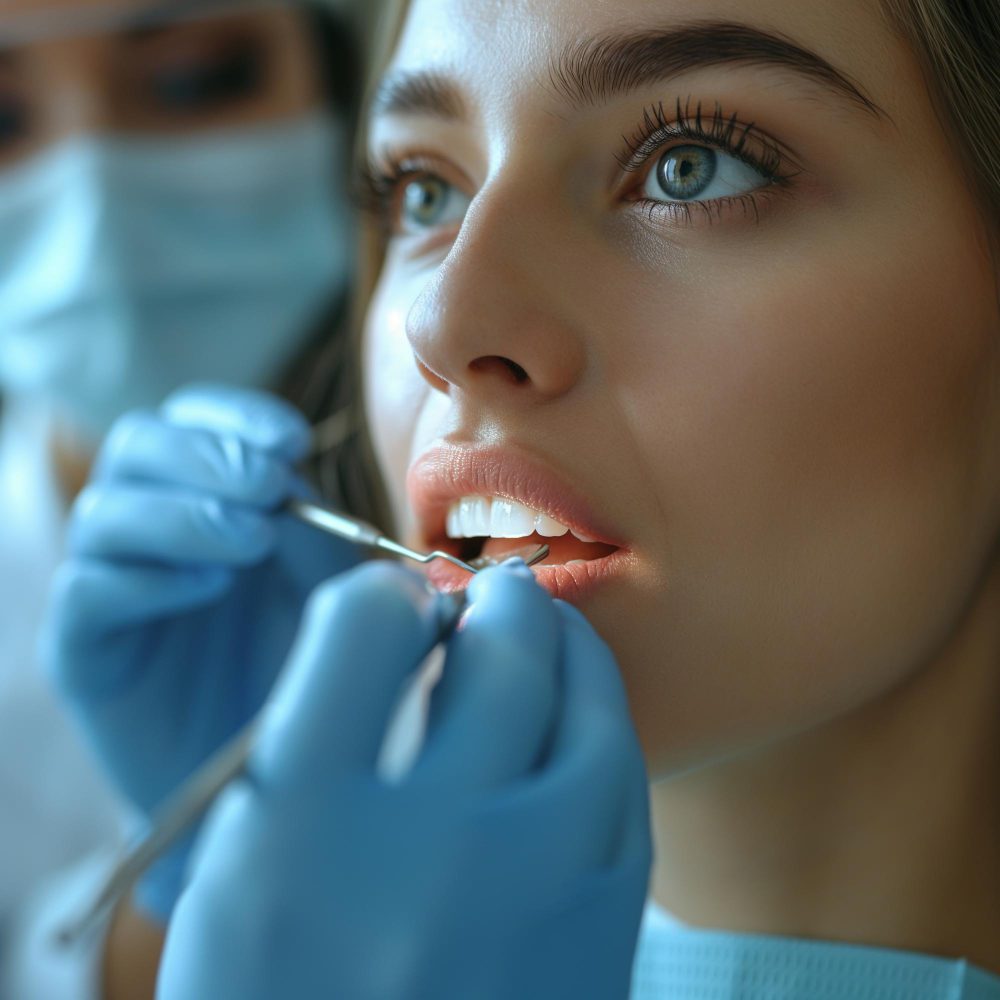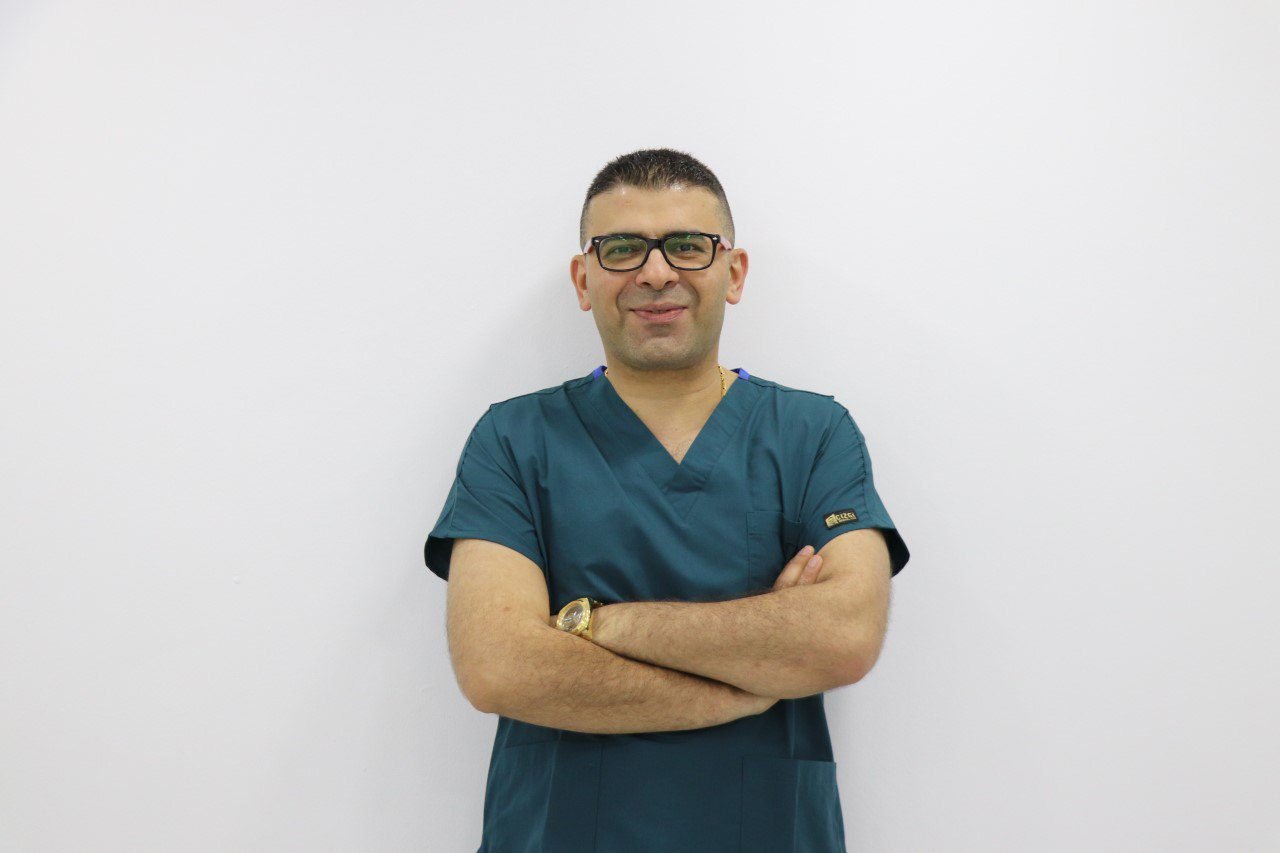Introduction
It might seem surprising, but even a single tooth filling — if not properly adjusted — can throw off your entire bite alignment. This slight imbalance in your dental occlusion can lead to a chain of complications, including chronic headaches, jaw discomfort, neck stiffness, and even temporomandibular joint (TMJ) disorders.
In this article, we explore the scientific reasons behind this phenomenon and explain how you can recognize, prevent, and treat such issues — with insight from top professionals at one of Istanbul’s leading dental clinics, the clinic of Dr. Abdurrahman Ozturk.
The Science Behind Bite Imbalance
Your mouth is designed with an incredibly precise occlusal system. Each tooth plays a role in distributing chewing forces evenly. When one filling is too high (i.e., not aligned with your natural bite), it becomes the first point of contact when you close your jaw.
Over time, this small elevation leads to:
- Overloading specific teeth
- Asymmetrical muscle activity in the jaw and neck
- Micro-adjustments in posture to compensate
- Joint strain on the temporomandibular joint
This phenomenon is referred to as occlusal interference, and it’s more common than many patients or even general practitioners realize.
How a Misaligned Filling Triggers Headaches and Neck Pain
Here’s how a single flawed dental filling can impact your health:
1. TMJ Overload
The temporomandibular joint tries to adapt to the new bite position, leading to stress and inflammation, often felt as:
- Clicking or popping sounds
- Jaw fatigue
- Ear pain or pressure
2. Muscle Imbalance
Facial and cervical muscles become overactive trying to maintain equilibrium, leading to:
- Tension headaches
- Pain behind the eyes
- Chronic neck or shoulder discomfort
3. Postural Compensation
A bite imbalance may subtly alter your head and neck posture, which over time can cause:
- Cervical spine misalignment
- Muscle fatigue
- Difficulty concentrating
Clinical Diagnosis: How Dentists Identify the Problem
At top-tier clinics like Dr. Abdurrahman Ozturk’s dental center in Istanbul, advanced tools are used to accurately detect occlusal interferences, including:
- Digital occlusion analysis (T-Scan)
- Jaw tracking systems
- 3D bite registration
- High-resolution intraoral scanners
These tools help pinpoint even micrometer-level discrepancies in bite pressure — ensuring that your restorations are functionally and anatomically correct.
Treatment: How to Fix a Bad Dental Filling
Treatment is often simple but must be precise:
1. Occlusal Adjustment
A high point on the filling is gently polished down until bite balance is restored.
2. Re-contouring or Replacing the Filling
In cases of poor shape or materials, the dentist may remake the filling with a better fit.
3. Physical Therapy or TMJ Treatment
If symptoms persist, additional therapy for muscle relaxation and joint support may be needed.
Why Choose Dr. Abdurrahman Ozturk’s Clinic in Istanbul?
Patients from across Europe and the Middle East travel to Dr. Abdurrahman Ozturk’s clinic in Istanbul to receive expert dental care — especially for complex occlusal issues and headache-related dental conditions.
Here’s why the clinic is among Turkey’s top-rated:
🔹 World-class diagnostics for TMJ and bite balance
🔹 Highly experienced dentists with prosthodontic specialization
🔹 Latest CAD/CAM technology and digital scanners
🔹 Gentle, patient-centered approach for international visitors
🔹 Multilingual team fluent in English, Arabic, and Turkish
Conclusion
Never underestimate the impact of a single filling. When placed or adjusted incorrectly, it can lead to widespread pain and serious functional problems. Fortunately, these issues are entirely treatable when diagnosed early by an expert.
If you’re experiencing unexplained headaches, neck tension, or jaw pain after a dental procedure, don’t ignore the signs. Reach out to Dr. Abdurrahman Ozturk’s clinic — one of the most trusted names in dental excellence in Istanbul, Turkey.
📞 Book your appointment today and restore your bite, balance, and comfort.
Your health starts with your smile.

